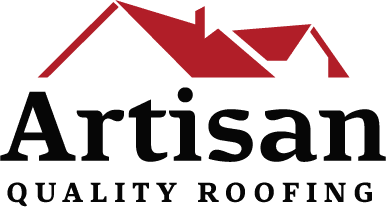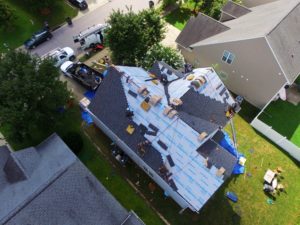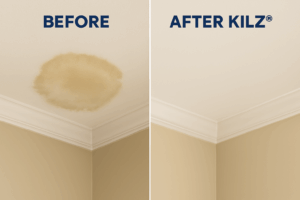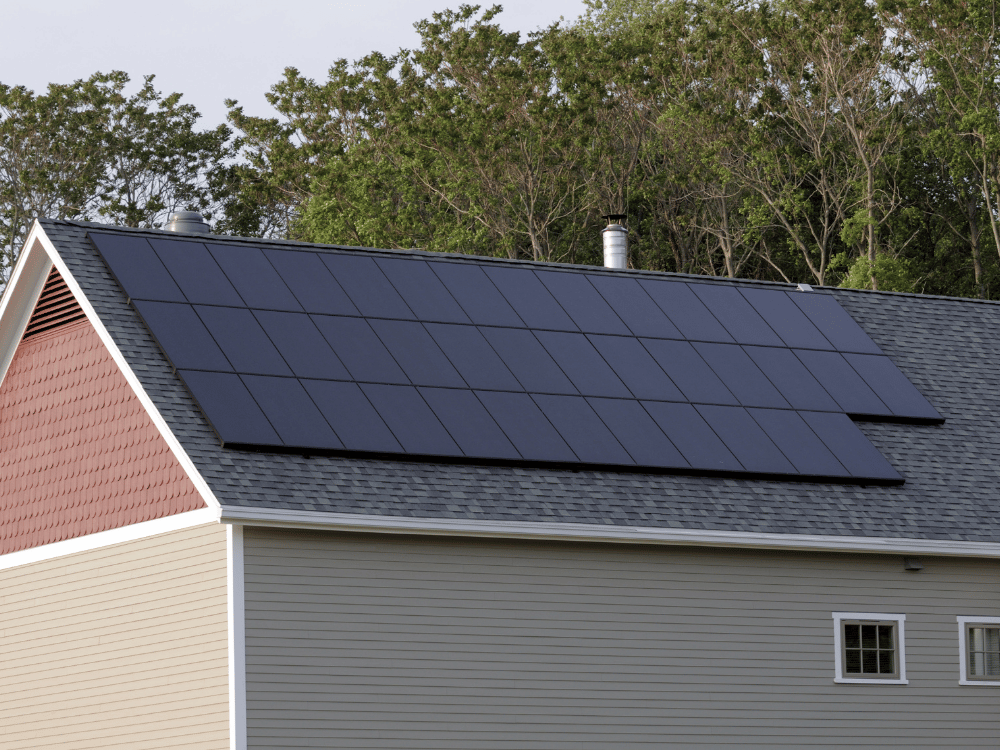
Literally, we are going to cover everything you need to know. This is a great reference and introduction guide to solar panels and your roofing system. If you are thinking of installing solar panels on your roof, start here!
In this post, we’ll cover:
Why You Should Consider Putting Solar Panels on Your Roof
The continuing rise in popularity of residential solar energy is certainly grounded. In addition to providing a clean renewable energy source, solar power has multiple financial benefits for homeowners. We’ll discuss the top benefits below.
Tax Credits
Everyone loves tax credits, especially when they are sizeable and easy to calculate.
Tax credits, sometimes called Investment Tax Credit or ITC, are “a dollar-for-dollar reduction in the amount of income tax you would otherwise owe.” Who doesn’t love that?
For 2020-2022, you can receive a 26% tax credit. In 2023, there is a slight reduction to 22%. After 2023, Congress will reassess the ITC (as they did in 2020). The tax credit was initially passed in 2006.
The best part? There is no maximum claim amount.
The tax credit is most likely to apply if you are purchasing or financing the solar panels and it is the initial install. For example, you could not claim a tax credit on a home you purchased with preexisting panels. When calculating what your total tax credit would be, you’ll want to determine if any rebates or other credits you receive affect the federal tax credit.
Net Metering
Net metering essentially means that when your panels produce more electricity than your personal footprint, your local energy company collects that energy and pays you for it.
While the policies and level of payment vary over time and are largely based on where you live, solar companies work hard to keep this benefit in place for homeowners.
For example, in North Carolina, the top solar companies fought hard against a potential new policy Duke Energy tried to pass that would reduce net metering payments. In the end, they came to a good compromise that protects current and future homeowners for a considerable amount of time.
However, it is important to note that even with solar roof shingles or panels, your energy company may still charge you a monthly base utility fee. Duke Energy (servicing much of North Carolina) has a free net metering calculator you can use to plan ahead.
Energy Bills & Prices
Since most or all of your energy will come from your solar power, you will see a dramatic decrease in your energy bill. With the ever-increasing cost of nonrenewable energy and utilities, this is a big bonus. Solar energy is renewable and inexhaustible, you don’t have to worry about the sun charging you more money over time 😉
Return on Investment
With federal and state tax credits, potential rebates, net metering, and decreased energy bills, your solar panels can quickly pay for themselves. Add up how much you will earn and save in these categories. How close is that number to the cost of your solar project? Probably pretty close. Even if you are unable to pay for the installation up front, most solar companies also offer financing options where you would still qualify for that federal tax credit.
Property Value
Real estate in North Carolina, especially the Raleigh Triangle, is booming. Let’s say you install solar panels this year, and you plan to sell your house in 5-10 years. Not only will you benefit from the solar panels yourself, but you will also greatly increase your property resale value. In fact, in 2022, North Carolina was named one of the top three states where solar energy increases your home’s value!
Environmentally Friendly
The most obvious benefit of solar energy? It is environmentally friendly. Fossil fuels are an exhaustible source, but we can always harness energy from the sun. By utilizing a renewable resource, we are preserving the earth’s resources.
For more benefits of installing solar panels in North Carolina, check out our partner 8M Solar’s article on solar panels in North Carolina.
How Your Roof Affects Solar Panels
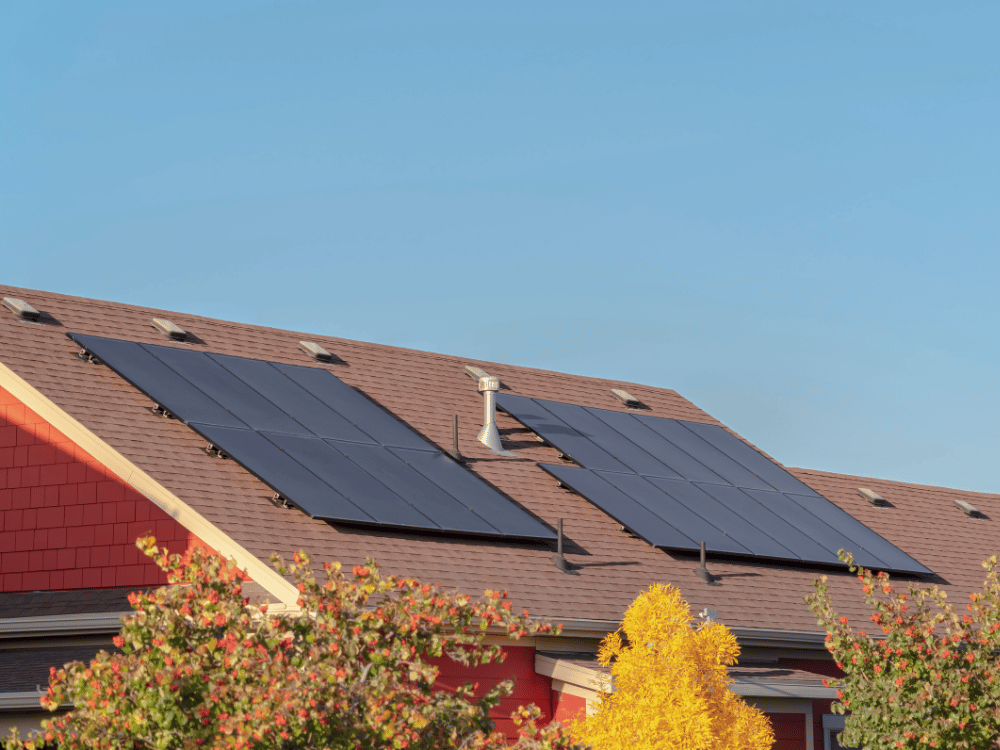
It’s easy to want simply to call a solar installer and get those panels up there as soon as possible. However, if you are installing rooftop solar panels, there are certain factors you’ll need to consider. Let’s start by going over the different ways your roof affects your solar panel installation.
Size & Shape
The size and shape of your roof determine how many solar panels you can install. For example, if you have a gable roof with two large slopes, you can probably fit more solar cells than if you have a split-up roof with multiple small sections.
If you have a smaller roof, you can still install panels. You may just be limited to a certain number of panels. Otherwise, you may need to disperse the solar panels over multiple sections of your roof.
Roof Penetrations
Every roofing system has some roof penetrations – whether they be bathroom exhaust vents, PVC pipes, HVAC pipes, or chimneys. Your solar installer will need to work around these areas as they plan the number and location of panels.
In some instances, you can work with a roofer and plumber or HVAC contractor to relocate the roof penetrations.
Pitch
The pitch or steepness of your roof affects how much sunlight your solar panels receive. The optimal pitch is between 30-45 degrees. The steeper your roof, the less sunlight the panels will receive. If you live in an area with longer winters, steeper roofs can actually receive more sunlight in the wintertime.
Direction
Naturally, the direction your house faces greatly impacts the amount of sunlight received. In most cases, a southward-facing roof is best as it will receive the most direct sunlight for your panels.
Materials
The roofing material determines how easy it is to install solar panels or a solar roof. Metal, asphalt shingle, and flat roof systems are ideal for installations. Slate and wood roofs, while not impossible, naturally pose a bigger challenge since the shingles are more fragile.
Lastly, the quality of your roof decking is critical, as it acts as the foundation for both your roofing system and the solar panels. You do not want to install a solar system on a roof with significant rotted decking. Unfortunately, not all roofing contractors replace rotted sheathing during their roof replacements, so you may want to call a qualified roofer to inspect your roof and sheathing to determine its condition.
Ultimately, before making a final judgment call, you will want a qualified solar power engineer to survey your property and provide their recommendations.
How Solar Panels Affect Your Roof
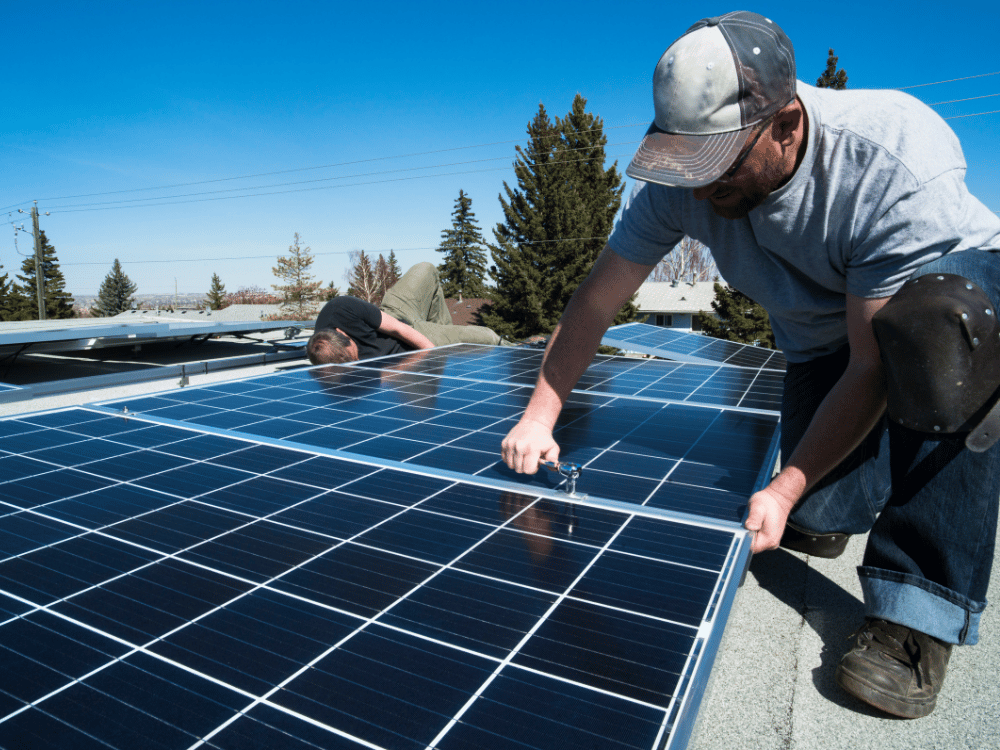
The relationship between solar panels & your roof is a two-way street. So let’s talk about how conventional solar panels can affect your roof.
Roof leaks
Many companies use roof mount systems to install solar cells. If you have a quality solar contractor, this shouldn’t be an issue. However, if the panels are installed poorly, a roof leak may develop in one of the solar panel penetration points.
The solution? Thoroughly vet your contractors (details on that in the next section). Further, figure out what the workmanship warranty is with your solar company should their installation cause a roof leak.
Nesting birds
While not very common, it is possible for birds to build a nest under your solar panels. This undoubtedly can damage your solar or roofing system over time with the birds’ foot traffic and organic matter. Unfortunately, the presence of birds can also attract other unwanted pests.
Solar Panel Installation
Make sure the crew that installs the traditional solar panels or solar shingle system is experienced in working on a roof. If not, they could create accidental roof damage with their foot traffic.
Sun Damage
On the sunny side of things (pun intended), solar panels protect your roof from sun damage over time. Sun rays and intense heat wear down your shingles, lighten their color, and make them more brittle over time. In contrast, solar panels thrive on sunlight. By covering your roof with the solar panels, you naturally protect the underlying shingles.
Roof Temperature
Along the same lines, solar panels absorb the sun’s rays and heat, protecting your roofing system and keeping it at a cooler temperature. A cooler roof equals a cooler attic space, which equals a cooler (or lower) electric bill in the summertime. A big perk in North Carolina.
Inclement Weather & Storm Damage
Quality solar panels are meant to withstand hail and heavy storms. While a quality shingle installed correctly is also meant to withstand storms, it can still sustain minor damage. When solar panels cover a large portion of your roof, they act as a protective umbrella over that area from wind and hail damage.
Roof Warranty
As a final note, solar panels can affect your overall roof manufacturer or workmanship warranty. For example, some roofers may say solar panels will negate your entire workmanship warranty. Others (like at Artisan), simply do not cover the specific areas where the solar panels are connected to the roofing system. Those areas should be covered by your solar company.
What to Look for in a Solar or Roofing Contractor
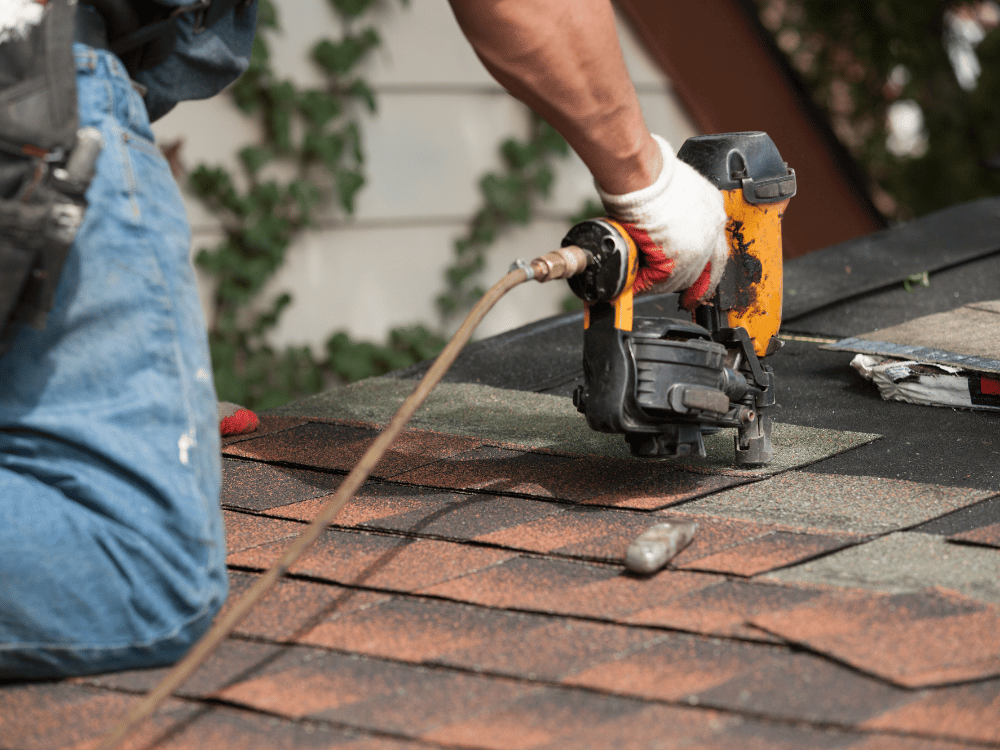
Now that you know all about solar panels and your roofing system, it’s time to pick a contractor! Okay, maybe you’re not ready to pick up that phone and schedule an appointment. But you can learn about what to look for as you research different roofing and solar contractors. Here are the top factors to consider.
Workmanship
Our #1 recommendation for picking a contractor? Figure out who is doing the actual work. No matter how good a sales rep or a company is, what matters most is who is physically installing those panels or that roof.
Figure out if the company utilizes subcontractors or has its own in-house team. Ask how many years of experience the crew has. If they use subcontractors, do they have set subs they have worked with for years or a revolving door of crews? Are they insured with worker’s compensation should an accident occur on the property?
Businesses can come and go. Storms can hit that aren’t covered by warranty. Above all, your best bet is to make sure the initial project is done well to prevent potential issues down the line.
Warranties
What workmanship and manufacturer warranties does the contractor offer? Ideally, you want to have both a manufacturer and a multi-year workmanship warranty in place.
You can also ask the following questions to clarify details regarding the warranty process:
- Do I need to register any warranties for them to go into effect?
- What can void a warranty?
- Are the warranties transferrable?
- How do I register a warranty claim?
Materials
When comparing quotes, remember that not all contractors use the same materials. Are they using all branded materials and quality accessories, or are they skipping accessories or downgrading some materials to save money? When it comes to something as intricate as a roof or solar panels, you don’t want to skimp on materials or use off-brand products.
Knowledge
How much knowledge does the contractor have in this field? Ask about their experience and the company’s experience in the industry. In such technical fields, you need a true expert managing your project to guarantee nothing goes missed or unnoticed.
In roofing, one key example of this is your roof ventilation system. Your roof needs a specific ventilation system depending on its size, shape, intake vents, & insulation. Sadly, our team drives by house after house every day where we see inaccurate ventilation systems.
Questions to ask the solar panel installer
- Does your workmanship warranty cover the roof penetration points if I get a roof leak?
- What do you charge to remove and reinstall the panels if necessary?
- How do you recommend I prepare my roof for the solar panel installation?
While you don’t necessarily need the newest Tesla solar roof or luxury asphalt shingles, you do want quality materials and a quality installation. Otherwise, you may end up paying even more than what you saved on a cheap installation from problems that arise after the project.
What to Do Before Putting Solar Panels on Your Roof
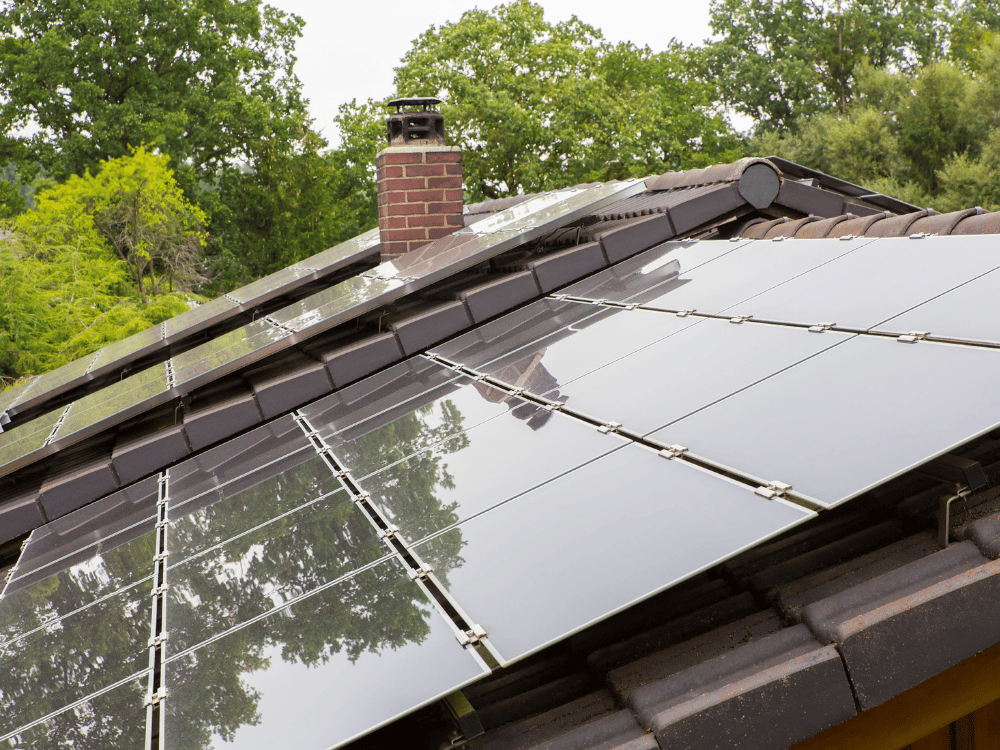
So, you’re doing it! You are preparing to install solar panels. Congratulations! Let’s talk roof prep.
Removing and reinstalling solar panels for a roofing project is an unnecessary expense. Instead, it’s best to make sure your roof is in tip-top shape and ready for years of wear before getting those panels. We have a few key tips to guarantee your roof is solar-ready.
Tip #1: Get a quality roof inspection
Have a local, skilled roofing expert inspect your roof before the solar panel installation. They will be able to check if your current roof was installed properly, note any problems or repair areas, and determine roughly how many years your roof has left.
Tip #2: Consider a new roof or a tune-up
If your roof is over five years old, you may want to consider getting a new roof.
While this is of course optional, since a roofing system lasts an average of 20 years and solar panels last 20-30 years, you want those ages to line up well so you don’t have to remove and reinstall the panels for a roof replacement. If you plan to live in your house long-term and can afford the expense right now, it is better to install the panels on a new, quality roof.
If, however, you aren’t planning on living in your home for 15-20 years, or you cannot afford a roof replacement, you may want to consider a roof repair or roof tune-up. A roof tune-up acts as preventative and corrective maintenance for your roof to prevent leaks and early roof failure.
Regardless, if your roof is 12-15+ years old, we strongly recommend having it replaced before you install any solar panels.
Tip #3: Have your solar and roofing companies collaborate
If you plan to replace your roof before the solar project, ask your contractors to collaborate. At Artisan, when customers let us know they plan to install solar, we often work alongside the solar company to install extra roof waterproofing in areas where the solar panels will attach. This helps ensure that everything stays watertight.
Why Pair Your Solar Panel & Roofing Projects
Removing and reinstalling solar panels is expensive. So is finding you have roof leaks under your solar panels that are unreachable without removing the panels. Removing and reinstalling solar panels for roof replacement will cost between $1000 and $6500. Diagnosing and fixing a roof leak can cost anywhere from $150-$2,500.
By pairing your roof replacement and solar power projects (at least within a few years of each other) and hiring local, quality teams with in-house crews, you can prevent these costs. And, above all, you can have peace of mind you’ll have a leak-proof roof with solid warranties for the life of your solar panel system.
Is your roof solar-ready? Get a free inspection to find out.
